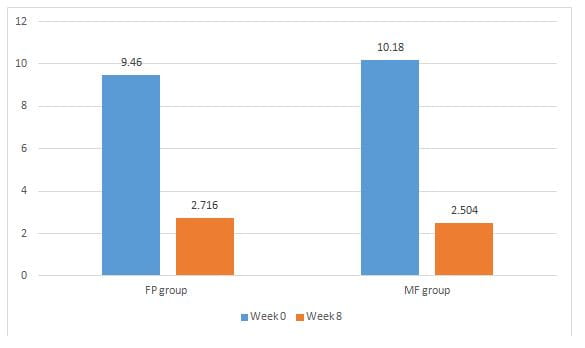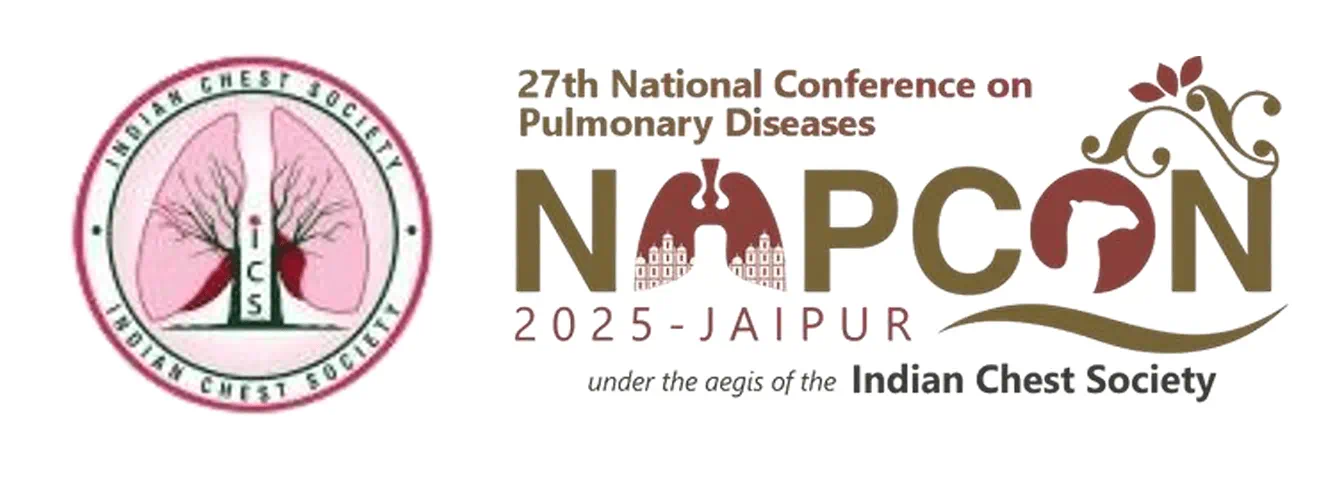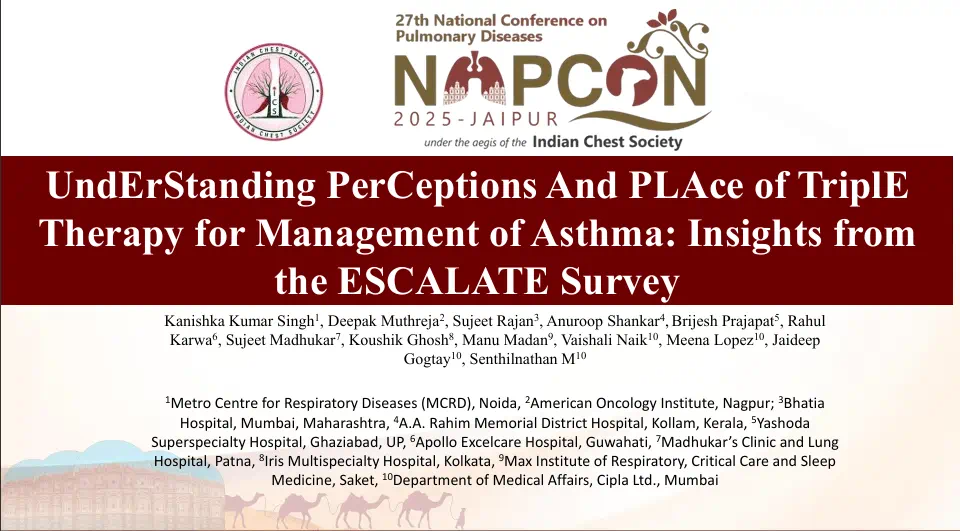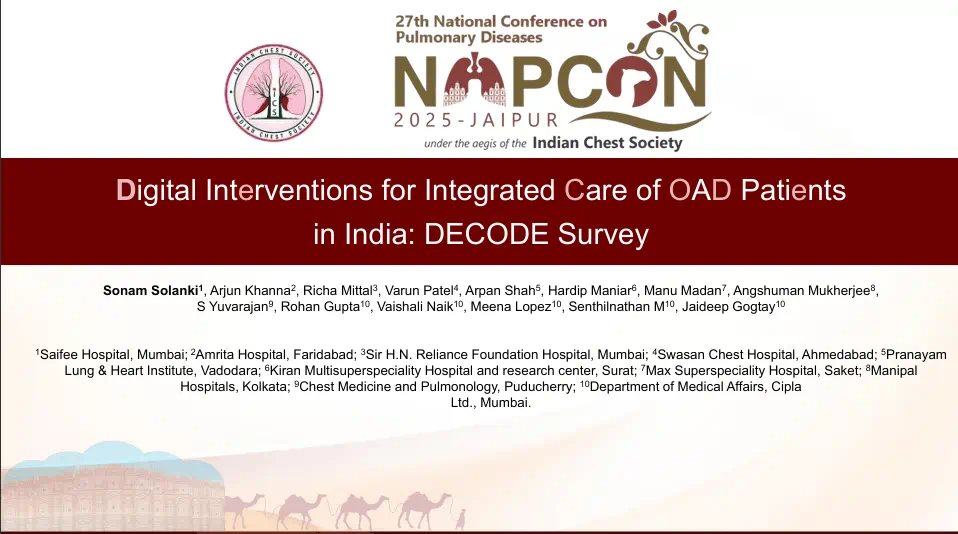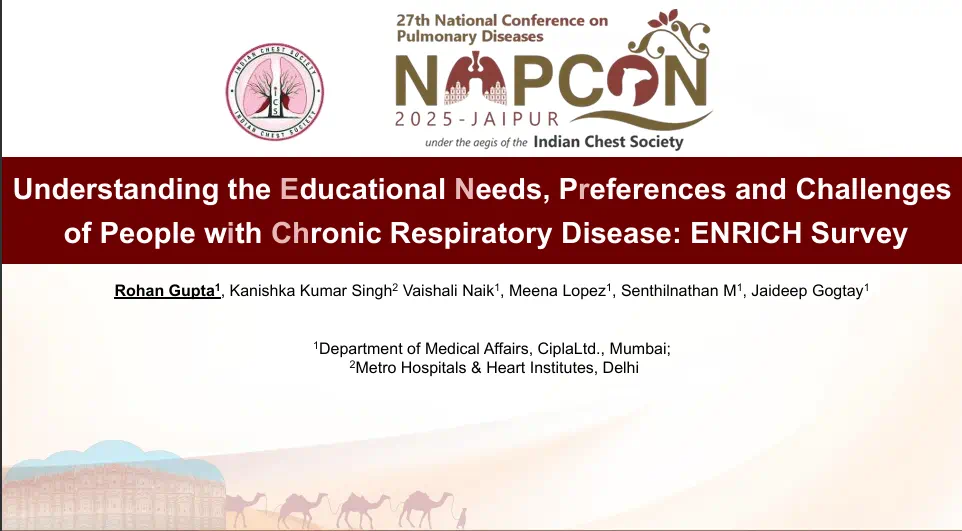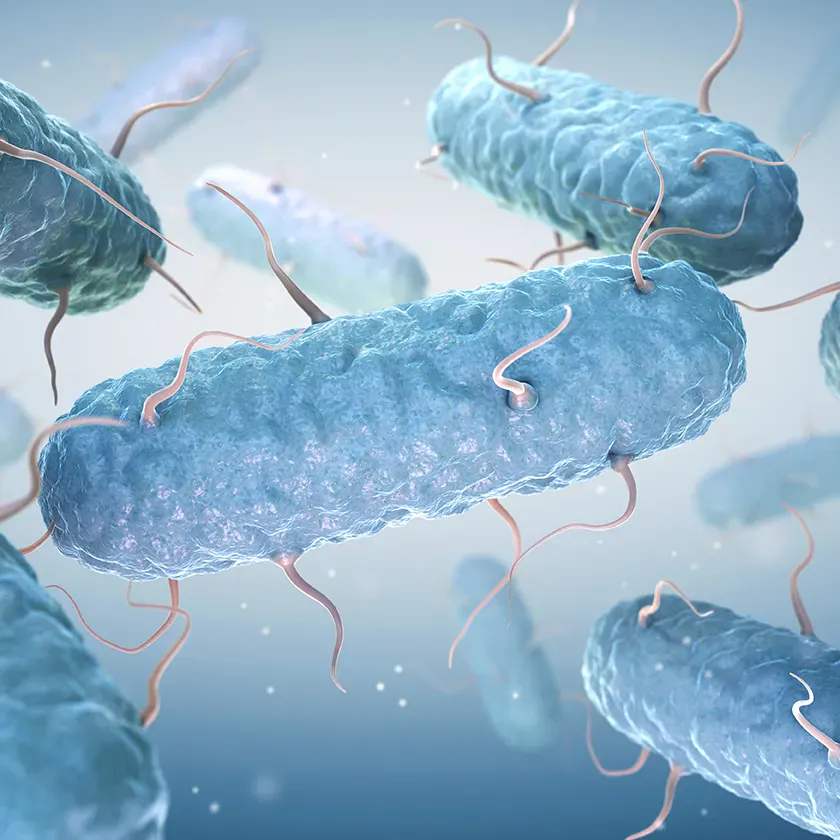Fluticasone is Comparable to Mometasone in Alleviating Symptoms of Allergic Rhinitis
Introduction
The worldwide prevalence of allergic rhinitis (AR) is significant and is clinically characterized by rhinorrhea, sneezing, nasal itching and nasal congestion. AR affects the quality of life and can also be associated with comorbid conditions like asthma, nasal polyps and atopic dermatitis. Intranasal corticosteroids (INCs) are recommended by the current guidelines as the first-line therapy for moderate-to-sever AR. The most commonly used INCs are fluticasone and mometasone.
Aim
The efficacy of fluticasone propionate (FP) and mometasone furoate (MF) nasal sprays in alleviating the symptoms of allergic rhinitis based on total nasal symptom score (TNSS) questionnaire was compared in this study.
Methods
Study Design
- Randomized, prospective, open-label, parallel-group, comparative clinical study
Patient Profile
- Patients aged between 17 to 59 years with moderate-to-severe AR
Treatment Strategy
- A total of 80 AR patients were randomized to receive either 200 µg dose of FP nasal spray (1 spray/nostril) daily or 100 µg dose of MF nasal spray (1 spray/nostril) daily for 8 weeks.
- the patients were followed up after 4 weeks (visit 2) and at the end of 8 weeks (visit 3)
- The AR symptoms were assessed based on TNSS questionnaire in 0, 4 and 8 weeks after the beginning of the treatment.
- TNSS is the sum of scores for each of nasal congestion, sneezing, nasal itching and rhinorrhea at each time-point on a scale of 0-3, where 0 = no symptoms, 1 = mild, 2 = moderate and 3 = severe symptoms
Endpoints
- Mean change in TNSS at 8 weeks
Results
- The FP group and MF groups included 40 and 37 patients with a mean age of 23.65 and 24.64 years respectively
- The difference in the baseline TNSS scores were not statistically significant (FP group 9.46 vs MF group 10.18)
- There were significant improvements in TNSS at the end of eight weeks of treatment from baseline in both the groups (p<0.005)
- Mean TNSS was reduced from 9.46 to 2.716 in FP group and from 10.18 to 2.504 in MF group as seen in Figure 1.
Conclusion
- Treatment for 8 weeks with fluticasone was as effective as mometasone in patients with moderate-to-severe allergic rhinitis and resulted in a significant improvement in the total nasal symptom score, with no significant difference between the two.
Int J Otorhinolaryngol Head Neck Surg. 2020 Sep;6(9):1587-91.


